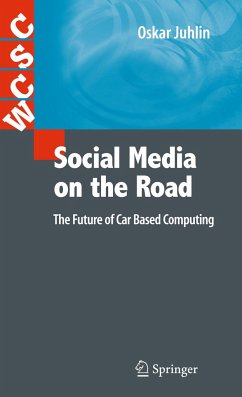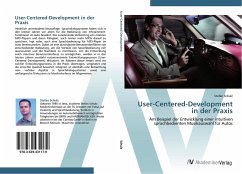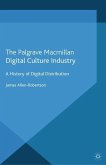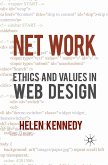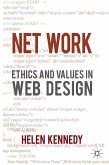In the future, everyday life in traffic will be intricately meshed with city life. Today motorways, cities and streets are places where we spend a considerable amount of time, and where a large number of everyday encounters between people occur. Any road user's journey coincides with hundreds or even thousands of others. This book unpacks the details of the practical achievements involved in socially engaging with people at high speed. Although, generally speaking, these encounters are brief and interaction is slight, the recent emergence of mobile technologies offers opportunities to support drivers and passengers beyond just helping them to reach their destination. New social media could enhance interaction in traffic making life on the road more interesting and meaningful. Such innovative applications could include car stereos that share music amongst drivers; digital games that interact with the landscape passing outside the car windows, or with passengers in surrounding cars; message systems that allow drivers to help each other; and web applications that allow motorcyclists to socialize on the road.
Social Media on the Road - The Future of Car Based Computing provides a bridge between research in transport planning and traffic technology, and new media areas such as Computer Human Interaction and Computer Supported Cooperative Work. Those studying and researching in the areas of human computer interaction in mobile use contexts, and those interested in developing new forms of mobile applications and services will find this book an excellent resource.
Oskar Juhlin is Associate Professor and Director of the Mobile Life VinnExcellence Centre at Stockholm University and Interactive Institute.
'This book represents a pioneering and key research work that examines the future of transportation being merged with communication and interactive media. It also provides a glimpse of the future potential of mixed reality entertainment for children and family on the move. It is essential for scientists, designers, and engineers working on mobile social media, as well as for business people looking for new potential urban transport media services.' Professor Adrian D. Cheok, Graduate School of Media Design, Keio University.
Social Media on the Road - The Future of Car Based Computing provides a bridge between research in transport planning and traffic technology, and new media areas such as Computer Human Interaction and Computer Supported Cooperative Work. Those studying and researching in the areas of human computer interaction in mobile use contexts, and those interested in developing new forms of mobile applications and services will find this book an excellent resource.
Oskar Juhlin is Associate Professor and Director of the Mobile Life VinnExcellence Centre at Stockholm University and Interactive Institute.
'This book represents a pioneering and key research work that examines the future of transportation being merged with communication and interactive media. It also provides a glimpse of the future potential of mixed reality entertainment for children and family on the move. It is essential for scientists, designers, and engineers working on mobile social media, as well as for business people looking for new potential urban transport media services.' Professor Adrian D. Cheok, Graduate School of Media Design, Keio University.
From the reviews:
"This interesting presentation addresses human-computer mobile interactivity and the design of new applications and services. ... Though the book is a brief 200 pages, it will stimulate readers to imagine the possibilities of vehicle-based computing. The chapter references and index provide additional details of this seldom-discussed topic." (Brad Reid, ACM Computing Reviews, May, 2011)
"This interesting presentation addresses human-computer mobile interactivity and the design of new applications and services. ... Though the book is a brief 200 pages, it will stimulate readers to imagine the possibilities of vehicle-based computing. The chapter references and index provide additional details of this seldom-discussed topic." (Brad Reid, ACM Computing Reviews, May, 2011)

